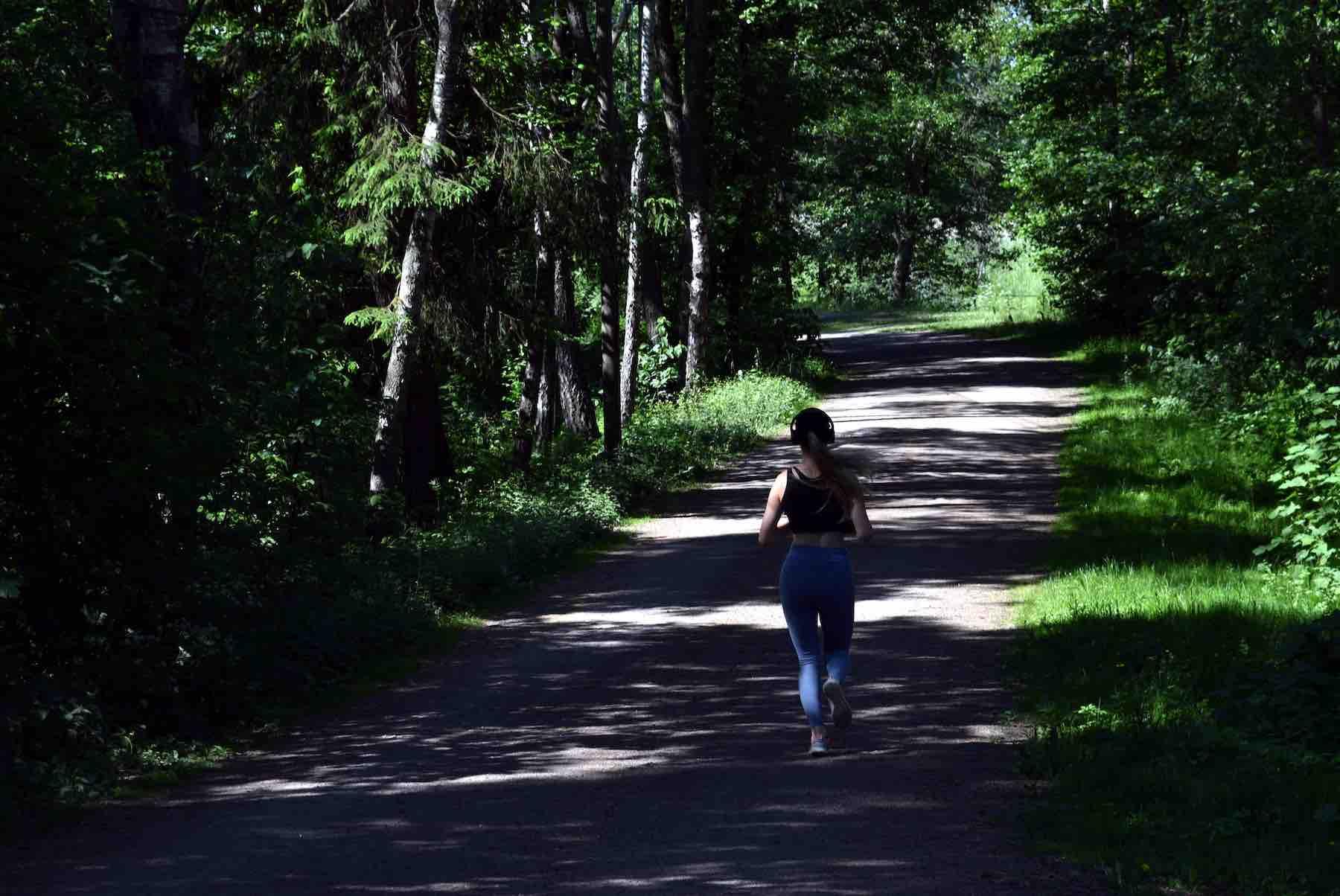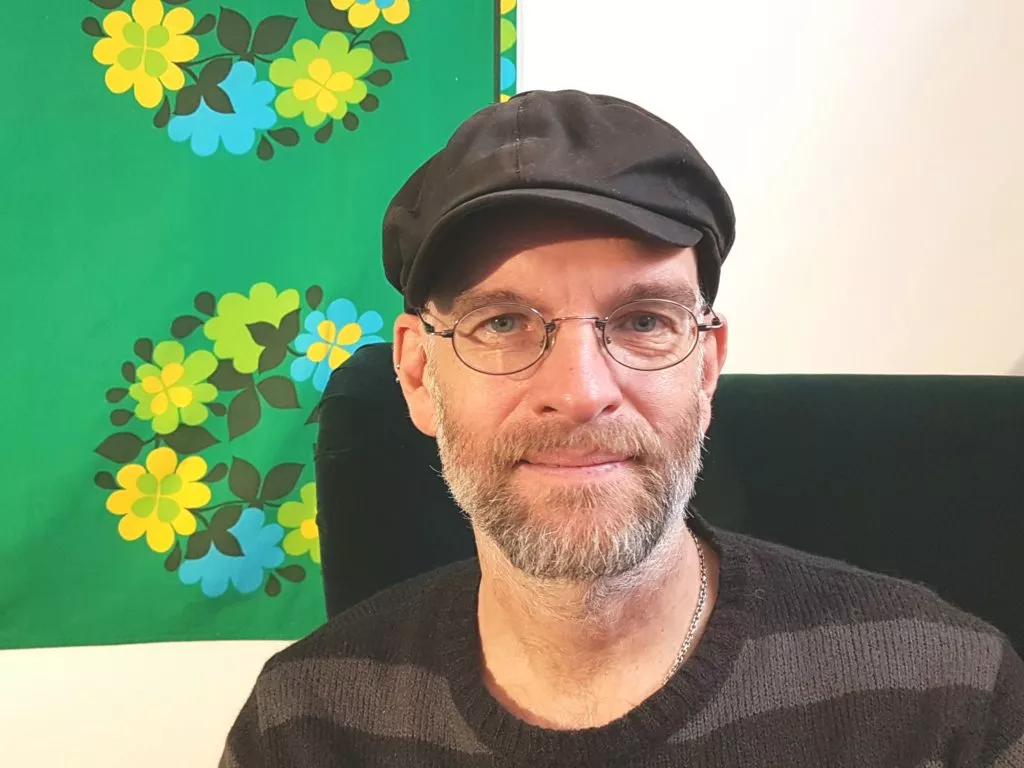How to take care of our mental health
There is still a lack of controlled studies regarding interventions to reduce the psychological risks of social distancing, isolation and quarantine. Even so psychologists have gathered the best ways to handle these circumstances.
Limit news consumption to reliable sources
It’s important to obtain accurate health information regarding COVID-19. But too much exposure to media coverage of the virus can lead to increased feelings of fear and anxiety. According to American Psychologist Association (APA), psychologists recommend balancing time spent on news and social media with other activities that are not related to the situation. Try to engage in activities that are joyful and meaningful to you.
Accept negative emotions
Try not to catastrophize; instead focus on what you can do and accept the things you can’t change. It is important to acknowledge and accept feelings of sadness, fear, worry or anger. It’s not uncommon to try to escape or oppress unpleasant feelings, but avoidance of such emotions will only make them stronger and longer lasting. Notice negative emotions, thoughts and physical sensations as they come up, look into them with curiosity, describe them without judgment and then let them go. This is the essence of mindfulness, which has been consistently linked to good psychological health. It can be helpful to download smartphone applications that deliver mindfulness and relaxation exercises.
Find ways to be social
The demand of social distancing can be very hard for us as humans are social beings, and social interaction is essential to every aspect of our health.
Research shows that having a strong network of support or strong community bonds fosters both emotional and physical health. Therefore it is important to maintain contact with friends, family and colleagues even if we need to keep a physical distance. Stay connected through text, email and phone. There are a lot of options nowadays to hang out virtually.
There is also research that indicates altruism offers mental health benefits that can help counter the negative effects of stressful life events. So take the opportunity to help family and neighbors out in anyway you can.
Create new routines
When life changes like this from one day to another it affects people’s routines. All of the sudden they might not have to get up at a certain time, brush their teeth and get ready for the day. They can’t work out at the gym or hang out with friends the way they used to. Although it can be tempting to escape from reality by Netflix binging, indulging in sweets or having a couple of drinks, try not to depend on these distraction strategies. Studies have shown that creating new routines that connect you to what really matters in life has positive effects on our mental health. So try to set new purposive and healthy routines. It can help us cope with the uncertainty and unpredictability of the time being.
Exercise and good nutrition
Science has shown that exercise and good nutrition are directly linked to emotional well-being. Find other ways to work out. Take a walk, go for a run or try a yoga session online. And isn’t now the perfect time to try out all the healthy recipes you usually don’t have time to make?
Enjoy nature
Have you heard about the term nature deprivation? It is the idea that human beings, especially children, are spending less time outdoors, and the belief that this results in a wide range of behavioral problems. Well, good news. As long as we are not experiencing complete lock down, nature is still available to us. Go for a hike, spend time in your garden or take a walk in the park. Just remember to stay six feet away from other nature visitors.
Psychological growth
Have you ever felt like you are stuck in hamster wheel driven by the ambition to be more successful, earn more and have a bigger house? This could be the perfect time to ponder over what really matters to you in life. As the usual pursuits of status and money are put on hold, where do you find your life purpose and joy?
Practice gratitude, which is known to have a positive effect on our well being. Write a daily list of three or more things for which you are grateful and share your gratitude with others.
Take the opportunity to spend more time with your kids and/or partner. Play games, do crafts or enjoy a less stressful breakfast together.
Keep in mind that experiencing stress and negative emotions can have positive consequences. Studies show that people who go through very difficult life experiences can emerge from them with a stronger sense of psychological resilience, revitalized relationships and a renewed appreciation of life.
And remember:
”This too shall pass”
Seek professional help
If you experience symptoms of extreme stress and anxiety, ongoing trouble sleeping, inability to carry out daily routines, or an increase in alcohol or drug use, seek help from a health-care provider. Lägereld offers treatment online with licensed psychologists.
Vill du prata med någon av oss psykologer?
Hör av dig så återkopplar vi och hittar en tid som passar dig.
Posted av Julie Franzén - maj 7, 2020
Hej! Jag har arbetat som psykolog sedan 2011 inom barn- och ungdomspsykiatrin och på vårdcentral. Sedan 2016 är jag privatpraktiserande psykolog...
Mer från denna användare
Mer inom denna kategori








